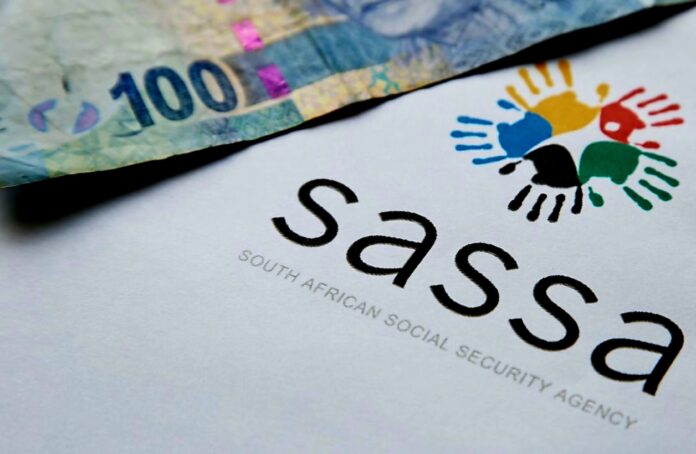This week proved to be an eventful one for the South African Social Security Agency (SASSA) and the Social Relief of Distress (SRD) grant recipients.
Following a landmark ruling by the Pretoria High Court that declared SASSA’s online-only application process unconstitutional and ordered adjustments to the SRD grant in line with inflation, another critical issue arose. SASSA announced the suspension of its Electronic Know Your Client (eKYC) system, which disrupted grant payments and sparked widespread concern.
On Friday, January 24, 2025, Bridget Masango, Chairperson of the Portfolio Committee on Social Development in Parliament, urged SASSA to reinstate the eKYC system, which enables eligible beneficiaries to verify their identity and access the SRD grants. Payments, temporarily paused for verification purposes, are scheduled as planned — and will resume from Saturday, January 25, 2025, to Friday, January 31, 2025.
The eKYC system, introduced to combat fraudulent claims using biometric verification technology, was suspended in several parts of the country to address security concern. However, this decision has left thousands of SRD beneficiaries unable to confirm their eligibility, disrupting access to essential financial aid.
“We appreciate the effort to combat fraud,” Masango said, “but we strongly express concern about the suspended eKYC verification system that leaves thousands of eligible people unable to prove their eligibility.”
SASSA spokesperson Paseka Letsatsi justified the suspension as necessary to ensure grants are paid to legitimate recipients. He encouraged beneficiaries to safeguard their identity numbers and report suspected fraudulent activities via SASSA’s toll-free hotline or WhatsApp service.
“Beneficiaries are encouraged to note that when they check their status and find out that it states ‘referred,’ it means that the SASSA system is suspecting fraudulent activity, therefore, the beneficiary must contact SASSA immediately to resolve the case,” Letsatsi explained.
Growing Need for SRD Grants
Approximately 10 million unemployed South Africans rely on the SRD grant, introduced as a R350 safety net during the COVID-19 pandemic. Despite its increase to R370, recent system disruptions have left many beneficiaries in distress.
SASSA confirmed that more than 100,000 SRD payments in the Eastern Cape were suspended as part of an ongoing investigation into vulnerabilities in the payment system. In a statement issued on Monday, January 20, the agency announced that it is required to automatically cancel all fraudulent grant payments in Mpumalanga.
According to SASSA, the decision comes after a noticeable surge in applications from provinces such as KwaZulu-Natal, Gauteng, and Limpopo, which raised suspicions of fraudulent activity.
“The Minister must intervene and ensure that the verification system is brought back online to enable the deserving beneficiaries to receive their grants,” Masango said.
She added, “Deserving beneficiaries should not be negatively affected by the processes SASSA is undertaking as part of the investigation.
Fraud Prevention Under Scrutiny
SASSA’s efforts to prevent fraud have drawn both praise and criticism. While the agency reported recovering R150 million in grants paid to ineligible beneficiaries last October, the Auditor-General found significant non-compliance issues, noting that fraudulent payments continue.
Recent cases have underscored these concerns. Two Stellenbosch University students revealed that their ID numbers were used to apply for SRD grants fraudulently. Meanwhile, the Department of Social Development reported underspending R1.5 billion on social assistance, including SRD and child support grants.
“The Auditor-General has urged SASSA to improve the system it uses to verify beneficiaries,” Masango emphasised.

